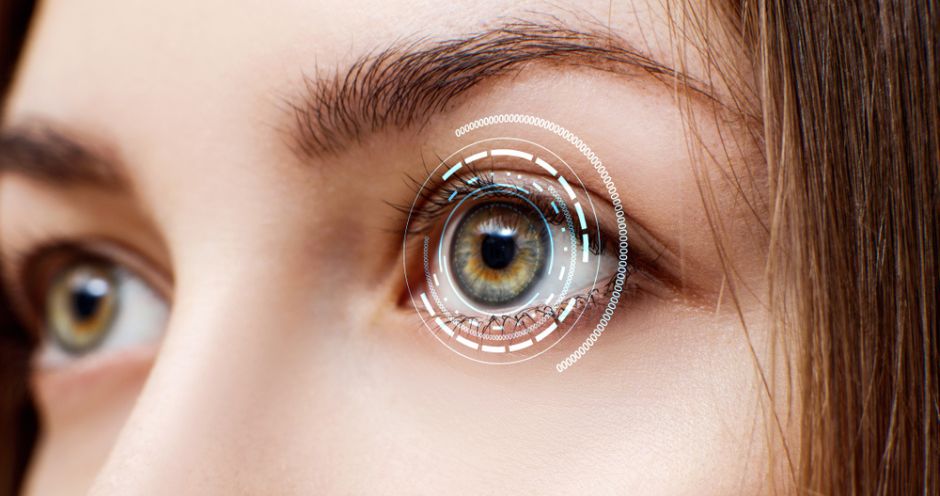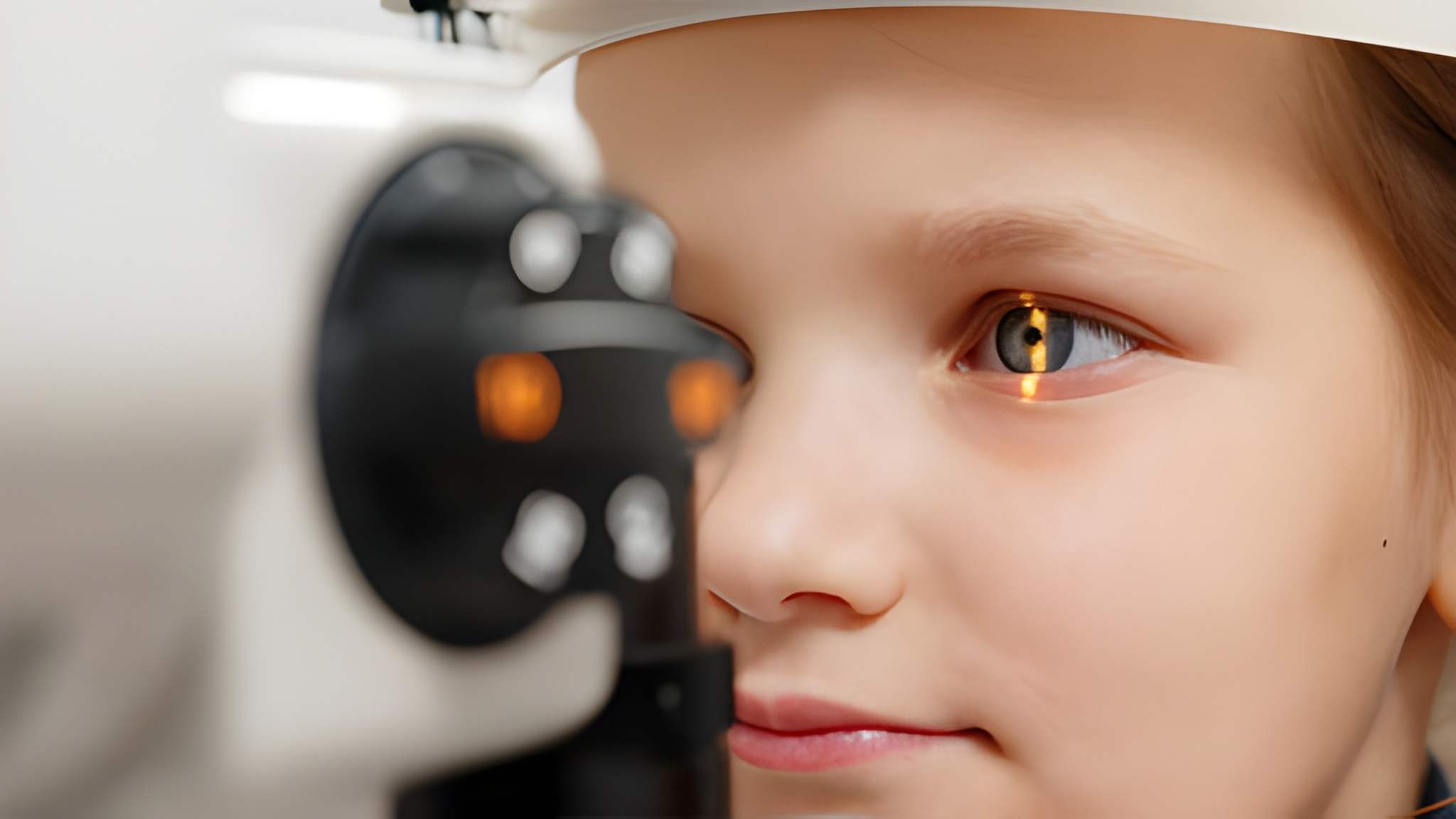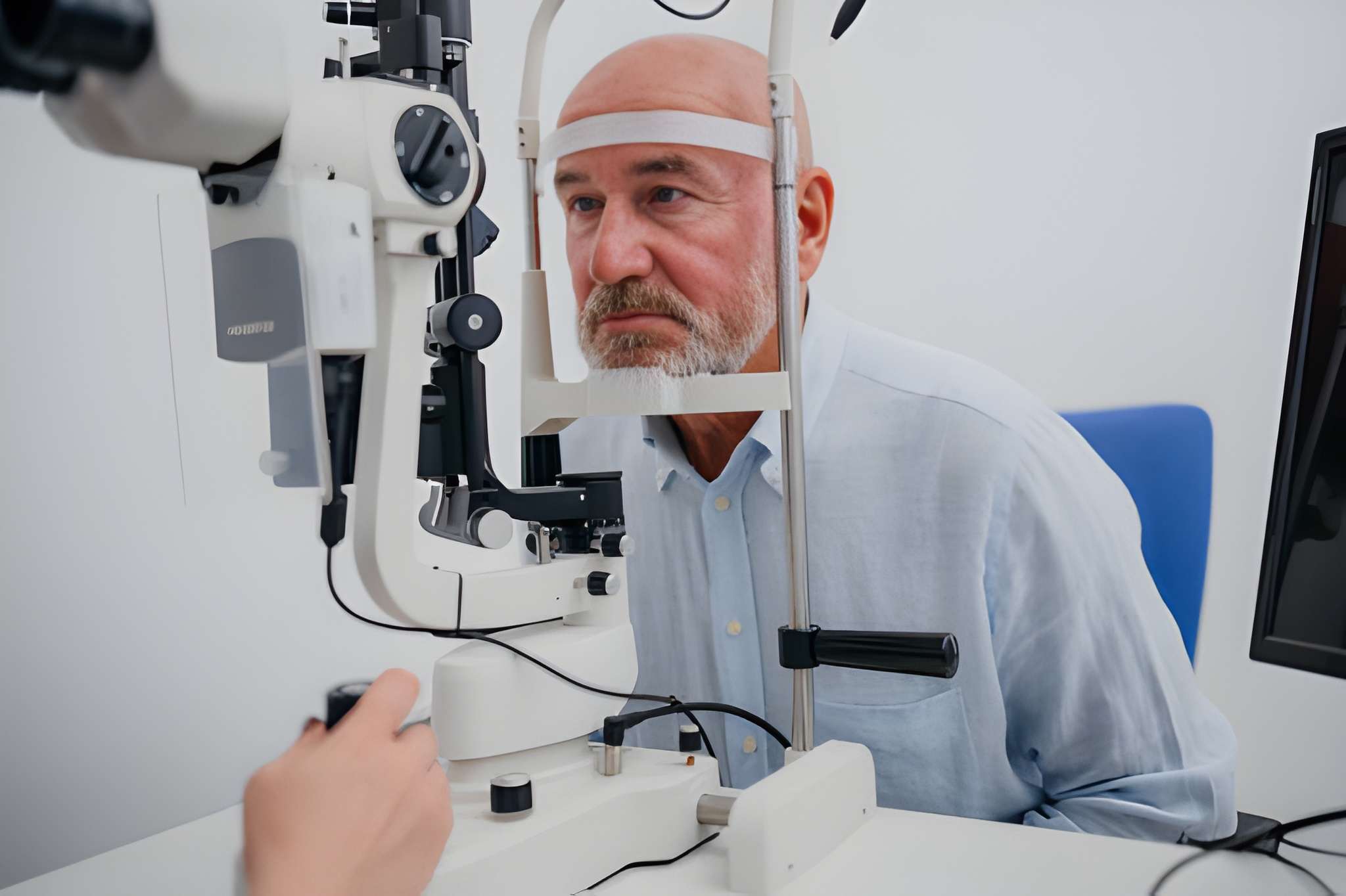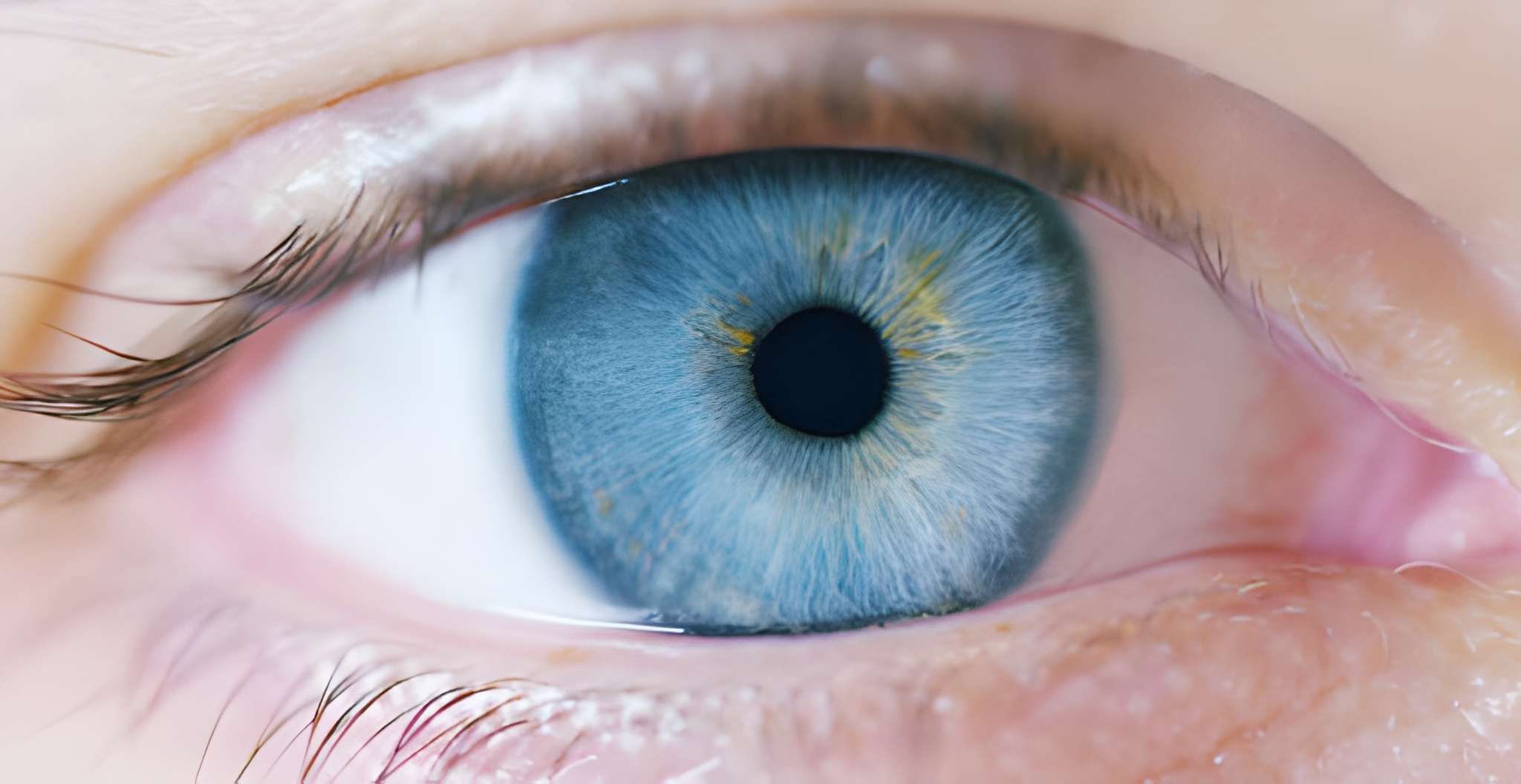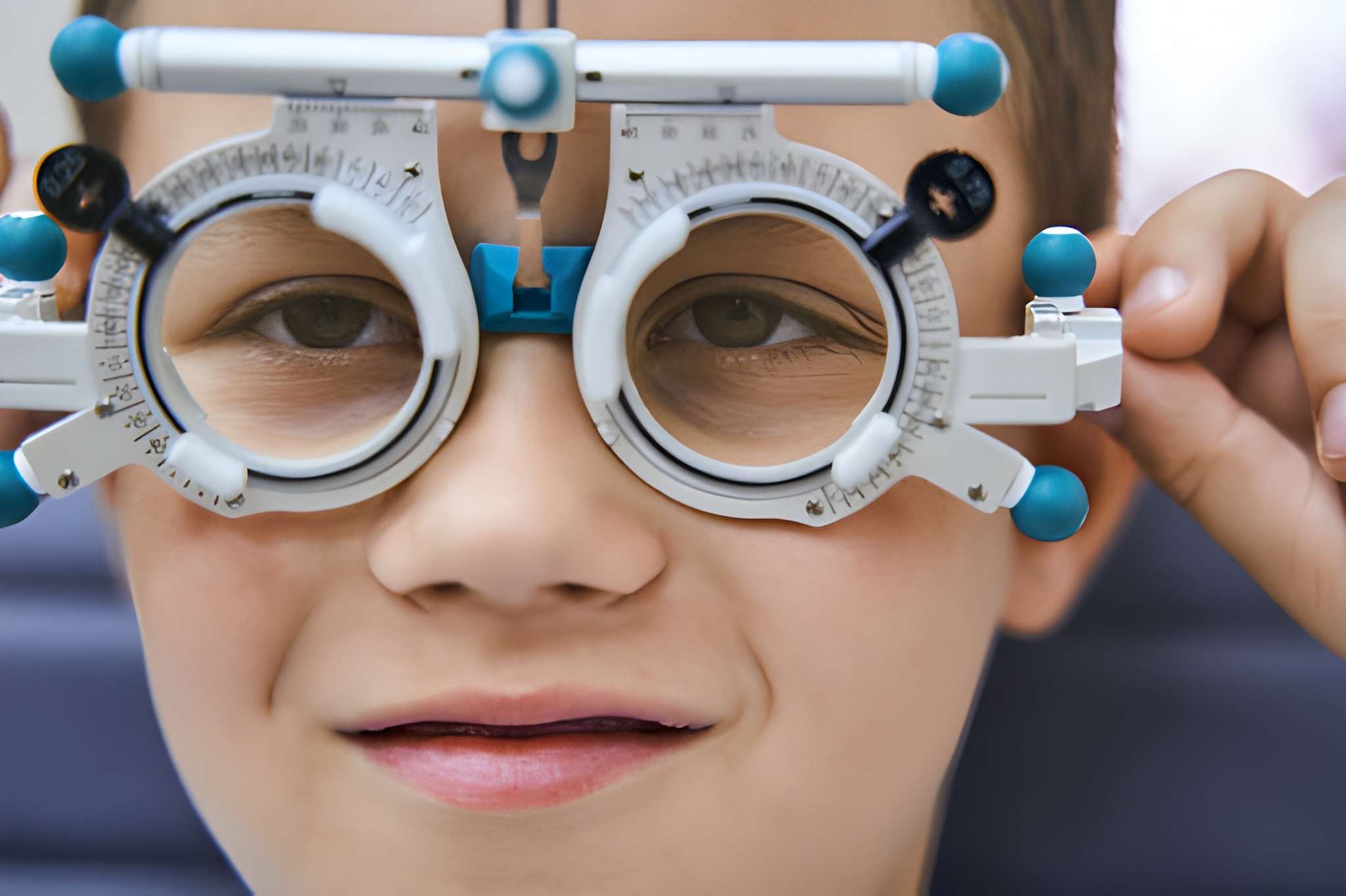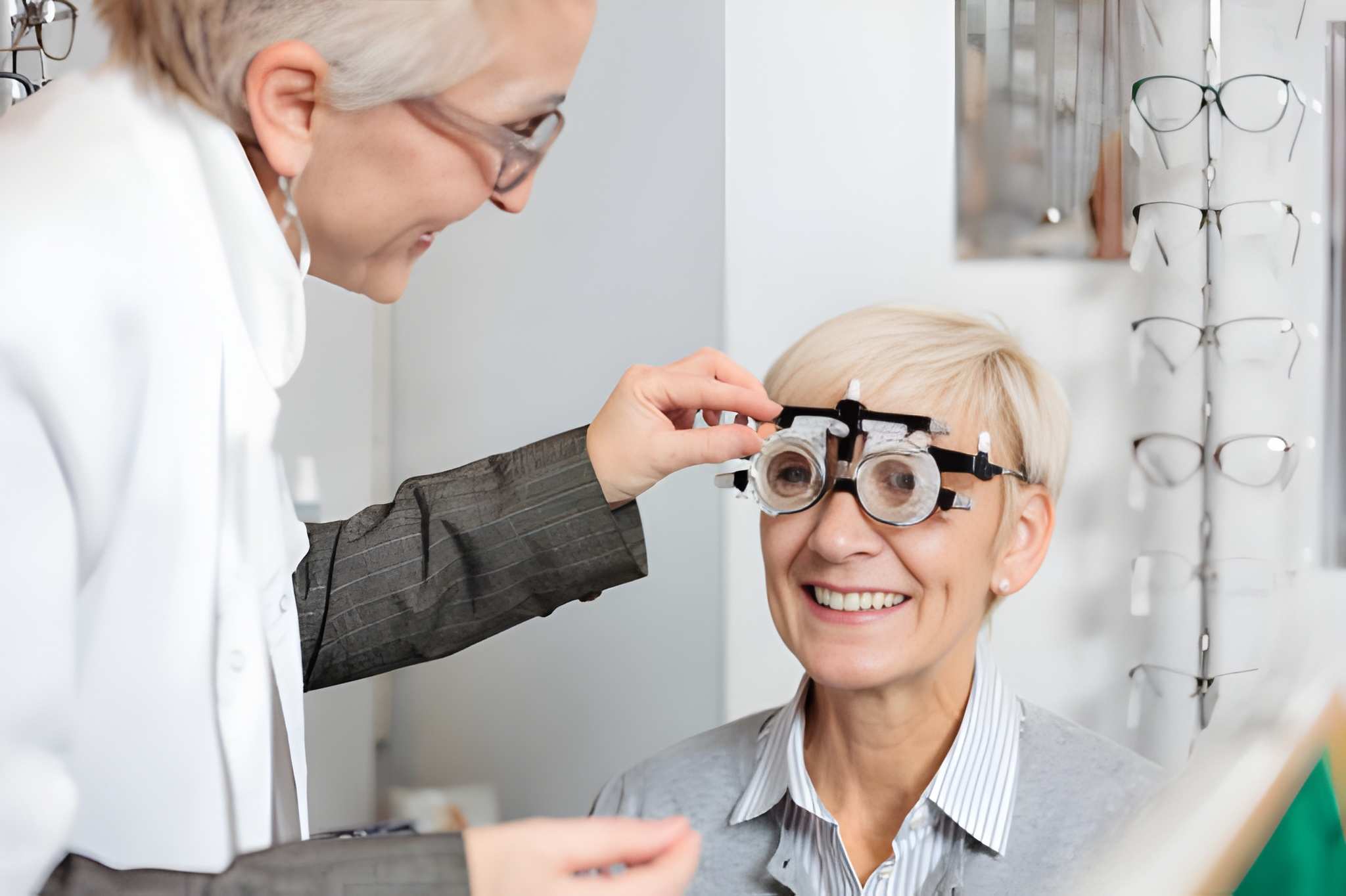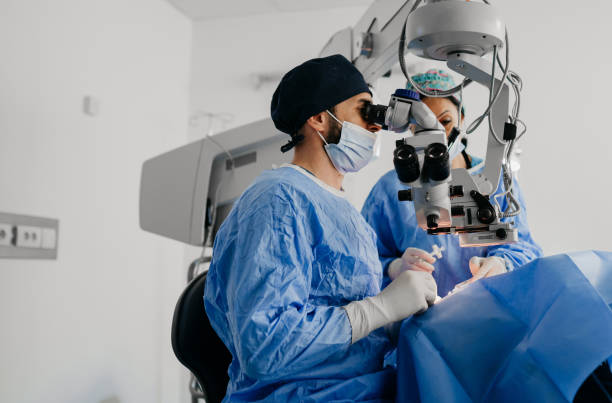Maintaining optimal vision is essential for navigating the world with confidence and independence. However, the intricate mechanisms behind clear vision often go unnoticed, with many individuals overlooking the critical role that vitamins play in supporting retinal health. The retina, a complex tissue located at the back of the eye, relies on a steady supply of essential nutrients, including vitamins, to function optimally. In this article, we delve into the fascinating relationship between vitamin deficiency and retinal health, exploring how inadequate intake of key vitamins can impact vision and increase the risk of retinal disorders. Let us embark on a journey to uncover the vital role that vitamins play in nourishing our vision and sustaining the health of our retinas.At the end of this article We will be able to understand What Vitamin Deficiency is Retina?
Can Retina Problems be Cured?
Anatomy of the Retina
The anatomy of the retina is complex and plays a fundamental role in visual perception. Comprising multiple layers of specialized cells, the retina processes light stimuli and converts them into neural signals that are transmitted to the brain for interpretation. Understanding the intricate structure and function of the retina is essential for appreciating how it interacts with essential nutrients, including vitamins, to maintain optimal function. By delving into the anatomy of the retina, readers gain insight into the importance of providing adequate nutritional support to sustain retinal health and preserve vision.
Book an Appointment with Retina Specialist in Dubai
Importance of Vitamins for Retinal Health
Vitamins play a crucial role in supporting retinal health and function. As essential micronutrients, vitamins contribute to various physiological processes within the retina, including antioxidant defense, cellular metabolism, and neurotransmitter synthesis. By acting as antioxidants, vitamins help protect retinal cells from oxidative stress and damage, thereby reducing the risk of age-related degenerative diseases such as macular degeneration and diabetic retinopathy. Understanding the importance of vitamins for retinal health underscores the significance of incorporating nutrient-rich foods into one’s diet and considering supplementation when necessary to ensure optimal vision and overall eye health.
Vitamin A Deficiency and Retinal Health
Vitamin A deficiency can have detrimental effects on retinal health, leading to a range of vision-related problems. As a precursor to rhodopsin, a pigment essential for low-light vision, vitamin A plays a critical role in maintaining the sensitivity of rod photoreceptor cells in the retina. Deficiency in vitamin A can impair the synthesis of rhodopsin, resulting in night blindness and reduced visual acuity, particularly in dimly lit environments. Moreover, vitamin A deficiency may compromise the structural integrity of the retina, increasing the risk of retinal degeneration and irreversible vision loss. Recognizing the impact of vitamin A deficiency on retinal health underscores the importance of adequate intake of this essential nutrient to support optimal vision and prevent vision-related complications.
Can Retina Heal Without Surgery?
Vitamin C: An Antioxidant Powerhouse for the Retina
Vitamin C, also known as ascorbic acid, is a potent antioxidant that plays a crucial role in maintaining retinal health. As an antioxidant, vitamin C helps neutralize free radicals and protect retinal cells from oxidative damage caused by environmental stressors such as UV radiation and pollution. By scavenging reactive oxygen species, vitamin C helps prevent oxidative stress-related retinal diseases, including age-related macular degeneration (AMD) and cataracts. Additionally, vitamin C supports the synthesis of collagen, a structural protein essential for maintaining the integrity of retinal tissues and blood vessels. Adequate intake of vitamin C through diet and supplementation is essential for promoting retinal health and preserving vision throughout life.
Vitamin E: Safeguarding Retinal Cells Against Oxidative Stress
Vitamin E, a fat-soluble antioxidant, plays a vital role in protecting retinal cells from oxidative stress and damage. As a lipid-soluble antioxidant, vitamin E is uniquely positioned to neutralize free radicals within cell membranes, thereby preventing lipid peroxidation and preserving the structural integrity of retinal cells. By maintaining the stability of cellular membranes, vitamin E helps protect retinal photoreceptors and other cells from oxidative damage caused by environmental stressors and aging. Additionally, vitamin E works synergistically with other antioxidants, such as vitamin C and glutathione, to enhance the antioxidant defense system of the retina. Adequate intake of vitamin E through diet and supplementation is essential for promoting retinal health and reducing the risk of age-related retinal diseases, such as macular degeneration and diabetic retinopathy.
B Vitamins: Supporting Retinal Function and Vascular Health
The B vitamins, including B6, B9 (folate), and B12, play crucial roles in supporting retinal function and vascular health. These vitamins are involved in various metabolic pathways within the body, including homocysteine metabolism, which is implicated in retinal vascular diseases such as diabetic retinopathy and retinal vein occlusion. By promoting the conversion of homocysteine into other amino acids, B vitamins help reduce the levels of this potentially harmful compound in the bloodstream, thereby protecting retinal blood vessels from damage and maintaining optimal blood flow to the retina. Adequate intake of B vitamins through diet and supplementation is essential for supporting retinal health, preventing vascular-related retinal diseases, and preserving vision.
What is the retina and pupil?
Dietary Sources of Essential Vitamins for Retinal Health
Consuming a balanced diet rich in essential vitamins is crucial for supporting retinal health and maintaining optimal vision. Fortunately, many foods are abundant in vitamins A, C, E, and B vitamins, making it easier to meet daily nutritional requirements. Leafy green vegetables, citrus fruits, nuts, seeds, fatty fish, and fortified foods are excellent dietary sources of these essential nutrients. Additionally, dietary supplements can be used to complement dietary intake and ensure sufficient levels of vitamins necessary for retinal health. However, it’s important to consult with a healthcare professional before starting any supplementation regimen to determine individual needs and prevent the risk of overdosing on certain vitamins.
Detecting and Preventing Vitamin Deficiency-Related Retinal Disorders
Regular eye exams and blood tests are essential for detecting and preventing vitamin deficiency-related retinal disorders. Eye care professionals can assess retinal health and identify signs of deficiency during routine examinations, allowing for early intervention and appropriate management. Additionally, lifestyle interventions such as dietary modifications and supplementation can help prevent or mitigate the risk of vitamin deficiency-related retinal diseases, promoting long-term retinal health and preserving vision.
Is Retina Surgery Painful?
Final Thoughts.
In conclusion, vitamins play a crucial role in supporting retinal health and maintaining optimal vision. From vitamin A’s role in night vision to the antioxidant properties of vitamins C and E and the vascular health benefits of B vitamins, each vitamin contributes uniquely to retinal function and integrity. By prioritizing a balanced diet rich in essential vitamins and seeking regular eye care, individuals can take proactive steps to safeguard their retinal health and enjoy clear vision for years to come. Understanding the importance of vitamins in maintaining retinal health underscores the significance of incorporating nutrient-rich foods into one’s diet and considering supplementation when necessary to ensure optimal vision and overall eye health.
Consult With Dr. Qasim Qasem
As you delve into understanding the critical role of vitamins in supporting retinal health, it’s essential to ensure that you’re receiving personalized guidance and care. Consult with the Best Ophthalmologist in Dubai Dr. Qasim Qasem today to assess your retinal health and receive expert advice on optimizing your vitamin intake for optimal vision and overall eye health. Schedule your appointment now to embark on a journey towards preserving your vision and nurturing your retinal health for a brighter future.



